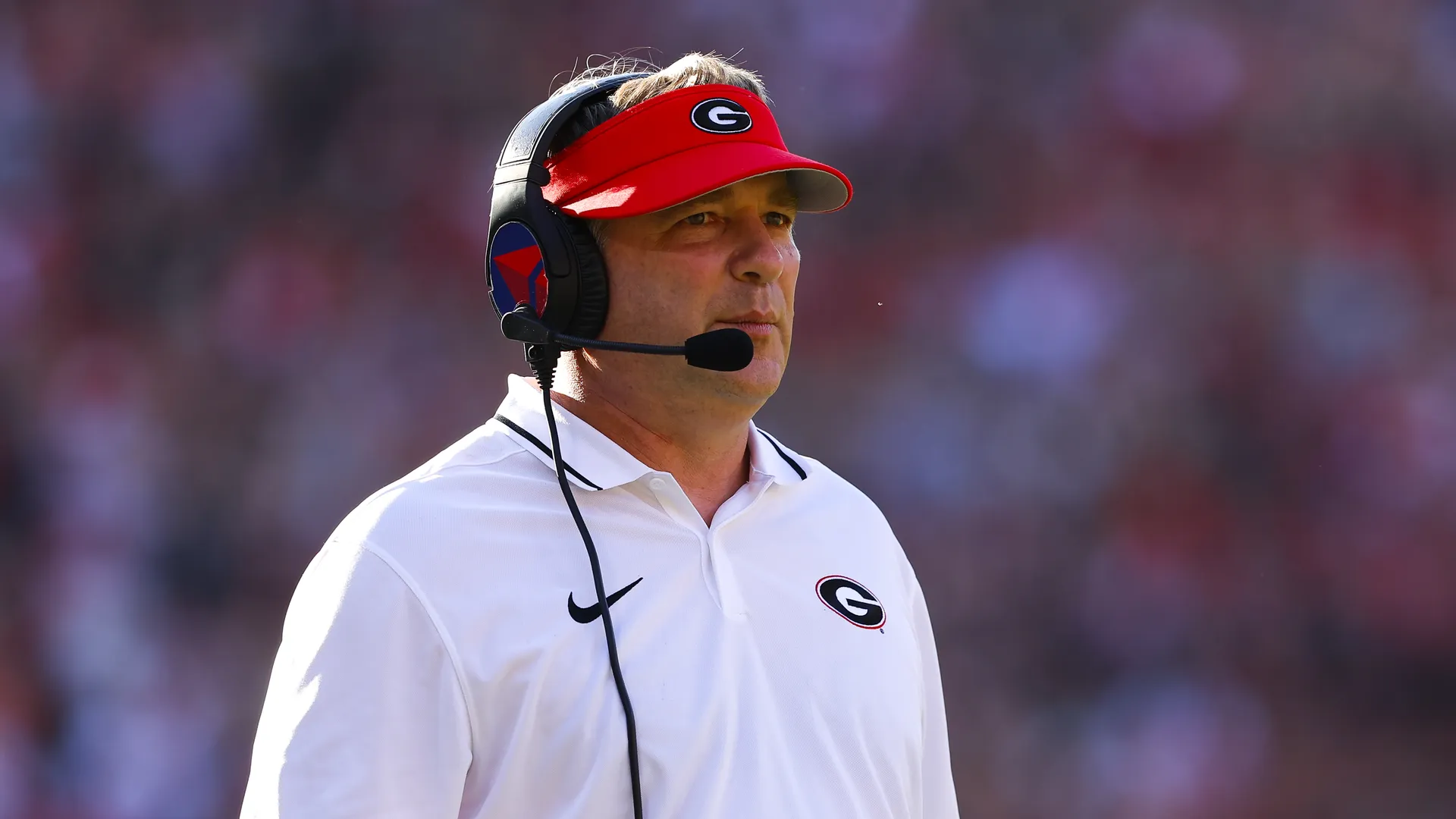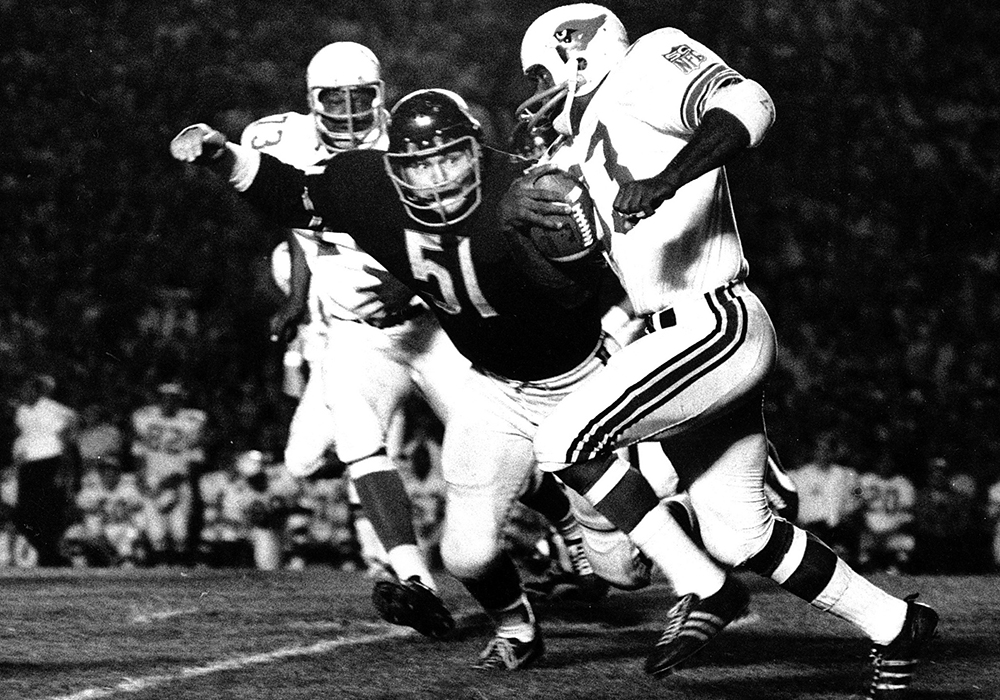
The Deflategate scandal remains one of the most controversial episodes in NFL history, casting a long shadow over Tom Brady, one of the league’s most iconic quarterbacks, and the New England Patriots. The controversy erupted from the 2014 AFC Championship Game on January 18, 2015, between the New England Patriots and the Indianapolis Colts. The Patriots were accused of allegedly tampering with footballs, specifically deflating them to give Brady and his offense an illegal advantage.
The crux of the scandal revolved around the claim that the Patriots deliberately deflated footballs to a level below the NFL’s minimum requirement of 12.5 pounds per square inch (PSI). Removing air from a football makes it easier to grip, throw, and catch, particularly in the cold and wet conditions that prevailed during the game. This could ostensibly enhance a quarterback’s control over the ball, reduce the likelihood of fumbles, and make catches easier for receivers.
The suspicions arose when Colts linebacker D’Qwell Jackson intercepted a pass from Brady and noticed the football felt underinflated. This observation led the Colts to alert the NFL, prompting an investigation that quickly gained media traction. The NFL’s investigation, spearheaded by attorney Ted Wells, concluded that it was “more probable than not” that Patriots personnel deliberately released air from the footballs and that Brady was at least generally aware of the actions.
The fallout from the Wells Report was swift and severe. Brady was suspended for four games, the Patriots were fined $1 million, and the team forfeited their first-round pick in the 2016 NFL Draft and fourth-round pick in the 2017 NFL Draft. The scandal polarized fans, analysts, and players, with many arguing over the fairness of the punishment and the integrity of the evidence.
Brady, known for his fiercely competitive nature and meticulous preparation, vehemently denied any wrongdoing. He appealed the suspension, resulting in a protracted legal battle that eventually reached the United States Court of Appeals for the Second Circuit. In 2016, the court reinstated Brady’s suspension, emphasizing the NFL Commissioner’s broad authority under the collective bargaining agreement.
Deflategate raised significant questions about the culture of the NFL and the lengths to which teams and players might go to gain an edge. Critics of the Patriots pointed to the team’s history of bending or breaking rules, including the Spygate scandal in 2007, as evidence of a pattern of behavior. Supporters of Brady and the Patriots argued that the punishment was disproportionate and that the league used the situation to make an example out of one of its biggest stars.
The scandal also prompted changes in the NFL’s handling of footballs. New protocols were established to ensure that footballs are properly inflated and monitored throughout games, reflecting the league’s commitment to maintaining the integrity of the sport.
In the end, while Deflategate did not tarnish Brady’s legacy as one of the greatest quarterbacks in NFL history, it remains a controversial chapter in his storied career. The episode serves as a reminder of the intense scrutiny and high stakes that define professional football, where even the slightest perceived advantage can become a flashpoint for controversy.



